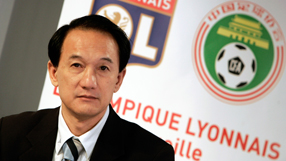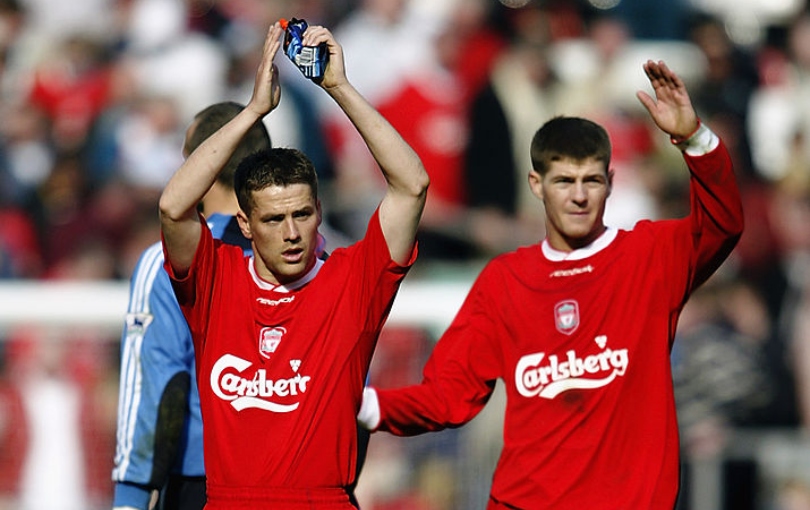Unpopular China chief finally axed
BEIJING - Xie Yalong, the much-derided head of the Chinese Football Association (CFA), has been replaced after nearly four years in charge, the CFA said on its website on Monday.

Xie, a former athlete with no prior background in soccer, will be replaced by CFA vice chairman Nan Yong, who presided over China's successful hosting of the 2007 Women's World Cup. "Nan Yong has been appointed the director of the Football Administration. Xie Yalong has a new assignment," read a notice on the CFA website.
"Resign Xie!" was a common refrain at Chinese soccer grounds since the 53-year-old former vice Communist Party secretary of a small city in Shaanxi became president of the CFA in 2005.
Popular discontent with the running of the CFA and the continuing decline of Chinese soccer came to a head last year, when the senior team made an early exit from qualifying for the 2010 World Cup finals.
After the under-23 team failed to progress past the group stage without winning a match at the otherwise overwhelmingly successful Beijing Olympics, Xie was suspended and sent to a Communist Party school to "study" and Nan took temporary charge.
SHORCOMINGS
Reports towards the end of last year that Xie might return to his post -- thought by many to be state sports officials testing the waters -- prompted another barrage of outrage in the Chinese media. "I apologise for the shortcomings in my previous work," Sina.com quoted the media-shy Xie as saying to an internal meeting of the CFA on Monday morning.
Nan, 46, is an ethnically Korean former speedskater who has a been a vice chairman of the CFA since 1997.
Get FourFourTwo Newsletter
The best features, fun and footballing quizzes, straight to your inbox every week.
"This appointment is going to put me under a lot of pressure and is a big challenge for me," Nan was quoted as saying at Monday's meeting.
Nan faces an uphill task to turn around public perceptions of Chinese soccer, a byword for administrative ineptitude, corruption and violence on and off the pitch. He will come under a great deal of scrutiny from the Chinese media, who have a lot more freedom to criticise officials in sport than in any other area of public life in China.
One of his more pleasant tasks will be heading up China's expected bid to host the 2018 or 2022 World Cup finals, which were boosted by the successful hosting of the 2007 Women's World Cup and Beijing Olympics.
